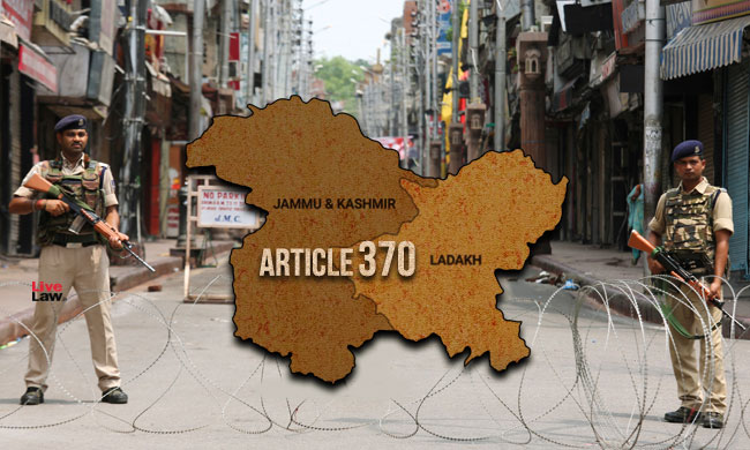- Home
- /
- Top Stories
- /
- No Reply By Centre To Kashmir...
No Reply By Centre To Kashmir Petitions In SC , Even As Lockdown Crosses 50 Days
Manu Sebastian
30 Sept 2019 1:28 PM IST
Even as the lockdown and communication blockade imposed in Jammu and Kashmir enters its 58th day, the Centre is yet to file its counter-affidavits in the bunch of petitions filed in the Supreme Court questioning its actions.It is beyond dispute that these measures - which were termed a 'collective punishment on people' by the United Nations Human rights body - have impacted the civil liberties...
Tags
Jammu and KashmirJammu and KashmirKashmir LockdownKashmir LockdownHabeas CorpusHabeas CorpusAnuradha BhasinAnuradha BhasinArticle 370Article 370Special Status Of Jammu And KashmirSpecial Status Of Jammu And KashmirSitaram YechuryM Y Tarigami MLASitaram YechuryGautam BhatiaM Y Tarigami MLASuhrith ParthasarathyGautam BhatiaSuhrith Parthasarathy
Next Story



